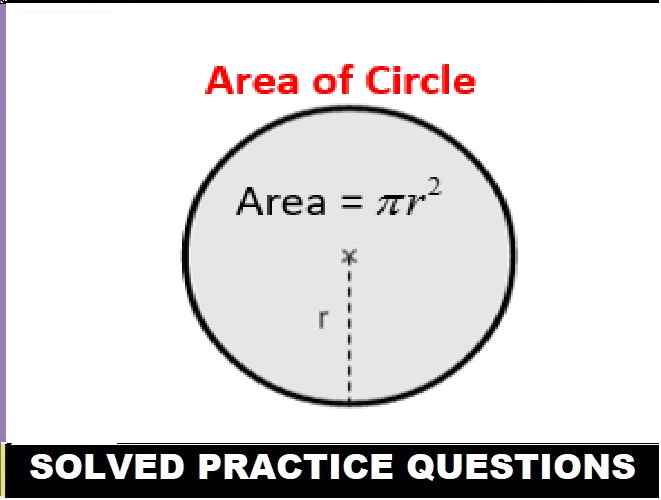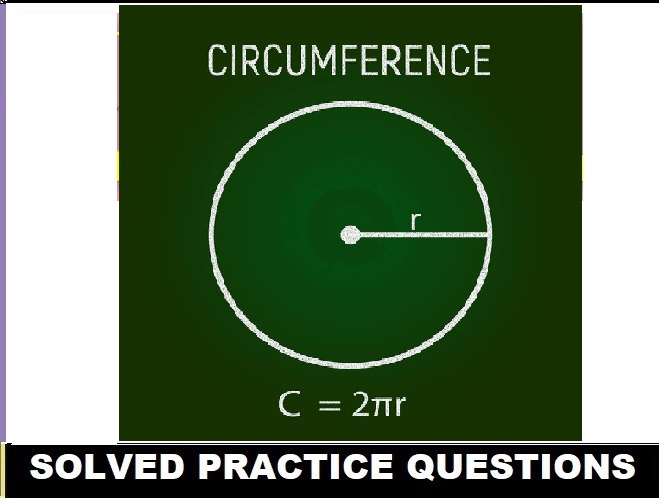Health Organisations MCQs Answer Biology Class-9 ICSE Selina Publishers Solutions Chapter-18. Step By Step ICSE Selina Concise Solutions of Chapter-18 Health Organisations with Exercise-18 including MCQs, Very Short Answer Type, Short Answer Type, Long Answer Type and Structured/Application Questions Solved . Visit official Website CISCE for detail information about ICSE Board Class-9.
Health Organisations Exe-18 MCQs Answer Biology Class-9 ICSE Concise Selina Publishers
| Board | ICSE |
| Publications | Selina Publication |
| Subject | Biology |
| Class | 9th |
| Chapter-18 | Health Organisations |
| Book Name | Concise |
| Topics | Solution of A. MCQs Answer Type |
| Academic Session | 2023-2024 |
A. Multiple Choice Answer Type
Health Organisations Class-9 Biology Concise Solutions
Page 191
Question 1. Choose the correct answer from the options given below:
(a) The alphabet ‘C’ in NICD stands for:
(i) Cancer
(ii) Community
(iii) Communicable
(iv) Campaign
Answer:
(iii) Communicable
Reason: NICD stands for National Institute Of Communicable Diseases.
(b) WHO headquarters are located in
(i) Paris
(ii) Berlin
(iii) Geneva
(iv) New York
Answer:
(iii) Geneva
Reason: Headquarters of WHO are located in Geneva, Switzerland.
(c) Red Cross Day is celebrated on
(i) May 8
(ii) June 23
(iii) September 17
(iv) November 21
Answer:
(i) May 8
Reason: Red Cross Day is celebrated on May 8 to honour the birthday of Henry Dunant. He founded the International Committee of the Red Cross.
(d) Which of the following city has the regional office of WHO ?
(i) Mumbai
(ii) Delhi
(iii) Chennai
(iv) Kolkata
Answer:
(ii) Delhi
Reason: WHO has 6 regional offices in the world, one of which is at Delhi.
(e) Which of the following is not a water-borne disease ?
(i) Diarrhoea
(ii) Typhoid
(iii) Gastroenteritis
(iv) Diabetes
Answer:
(iv) Diabetes
— : End of Health Organisations A. MCQs Answer Class-9 ICSE Biology Solutions :–
Return to Return to Concise Selina ICSE Biology Class-9
Thanks
Please share with your friends


